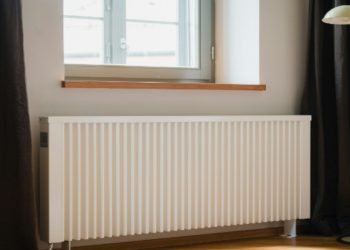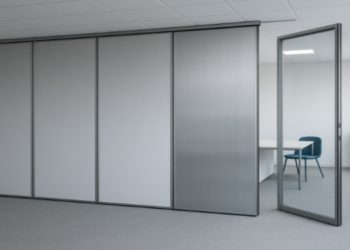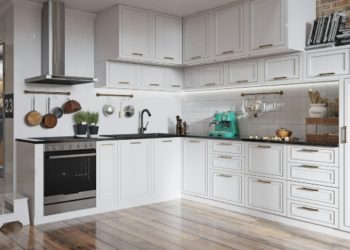Noise can significantly impact a home’s quality of life. Whether it is the sound of traffic outside, the sounds created in a busy household, or noisy neighbors, excessive noise is disruptive and detrimental to one’s health.
Studies show prolonged exposure to high levels of noise can lead to increased anxiety, stress, and sleep disturbances. Noise pollution is linked to various health issues, including cardiovascular problems and cognitive impairment.
Maintaining a healthy living environment is crucial. Proactive steps must be taken to combat the adverse effects of noise pollution and minimise the amount of noise that enters the home.
While various strategies exist for reducing noise, one often overlooked aspect is doors’ role in noise reduction. Doors help keep noise out of the home and create a quieter, more peaceful living space.
The Role of Doors in Noise Reduction
Doors are important to any home. They provide privacy, security, and insulation from the elements. They also play a crucial role in controlling the noise entering your living space. The primary function of doors is to create a barrier that prevents sound from traveling freely from one room to another or from the outside to the inside of a home.
It is achieved using materials and construction techniques that help absorb and block sound waves, effectively reducing the noise penetrating the living space. Besides their physical construction, doors also control noise through their ability to create a tight seal when closed.
A well-fitted door with proper weather-stripping and seals significantly reduces the noise entering the home from outside. It is essential for exterior doors, which are often the primary entry point for external noise.
Choosing doors with effective sealing mechanisms, like those from Doorways, creates a more peaceful and quiet living environment. Click here to see their selection.
Choosing the Right Door for Noise Control
The first consideration when choosing doors for noise control is the materials used in the construction. Solid-core wood or fiberglass doors are generally more effective at blocking sound than hollow-core doors.
Doors with a higher STC (Sound Transmission Class) rating are better at reducing noise transmission. The STC rating measures a door’s ability to block sound, with higher ratings indicating better noise reduction.
Another essential consideration when choosing doors for noise control is their design and construction. Doors with thicker panels and multiple layers are more effective at blocking sound than thinner, single-layer doors.
Those with specialised soundproofing features, such as acoustic insulation or sound-dampening materials, further enhance their ability to reduce noise transmission. Carefully considering your doors’ material design and construction provides options best suited for minimising noise in a home.
Installation Tips for Maximising Noise Reduction
Proper installation is crucial for maximising the effectiveness of noise transmission reduction. When installing doors for noise reduction, it is essential to ensure they fit tightly within the frames and create a seamless seal when closed.
It is achieved through careful measurement and installation techniques that minimise gaps and air leaks around the door. High-quality weather stripping and seals further enhance doors’ ability to block out noise.
Another essential aspect of noise reduction installation is addressing the frame, adding additional insulation, or making other modifications to create a more solid barrier against sound transmission.
Attention to these details during installation ensures that your doors are as effective as possible at keeping noise out of the home.
The Benefits of a Quieter Home
Creating a quieter home environment through effective noise control offers you and your family a wide range of benefits. Besides reducing stress and anxiety, a more peaceful living space improves sleep quality and well-being.
Minimising the impact of external noise on your home creates a more peaceful and relaxing atmosphere and promotes rest and rejuvenation.




![7 Best POS Software in the UK [2026 Edition]](https://todaynews.co.uk/wp-content/uploads/2026/02/7-Best-POS-Software-in-the-UK-2026-Edition-360x180.png)








































































